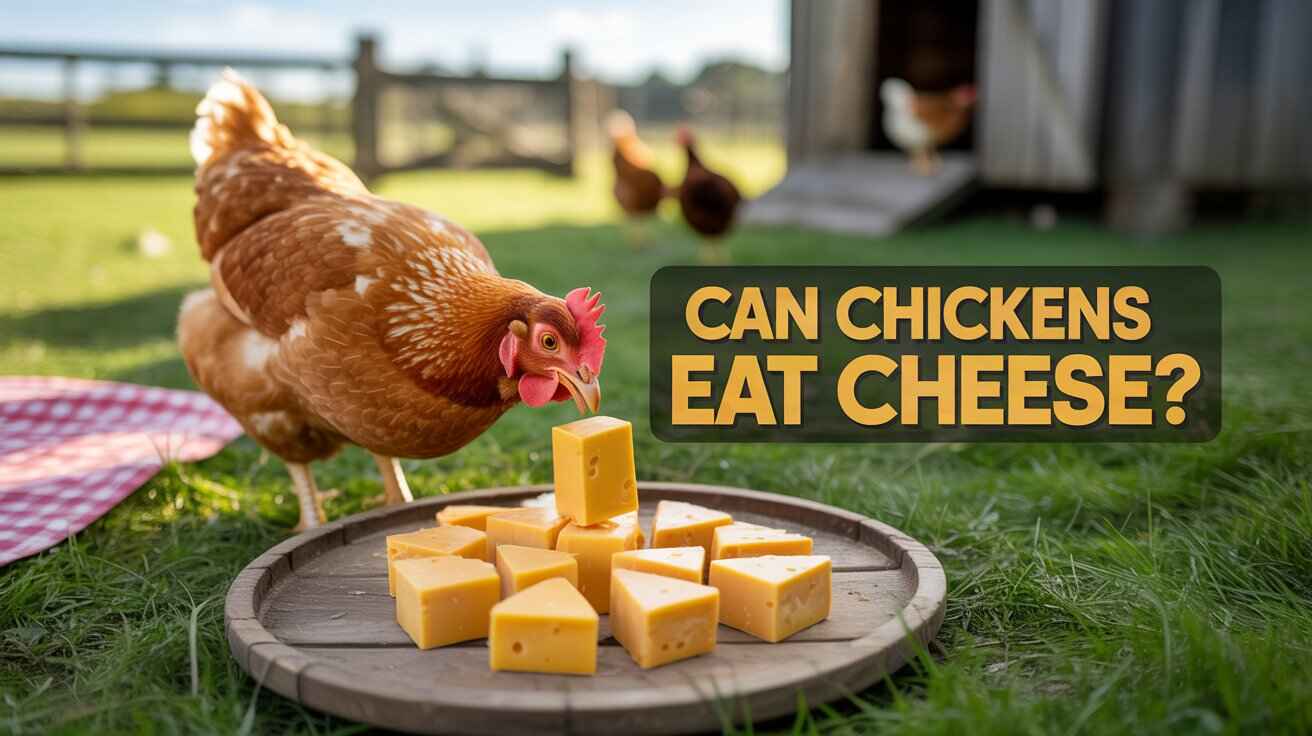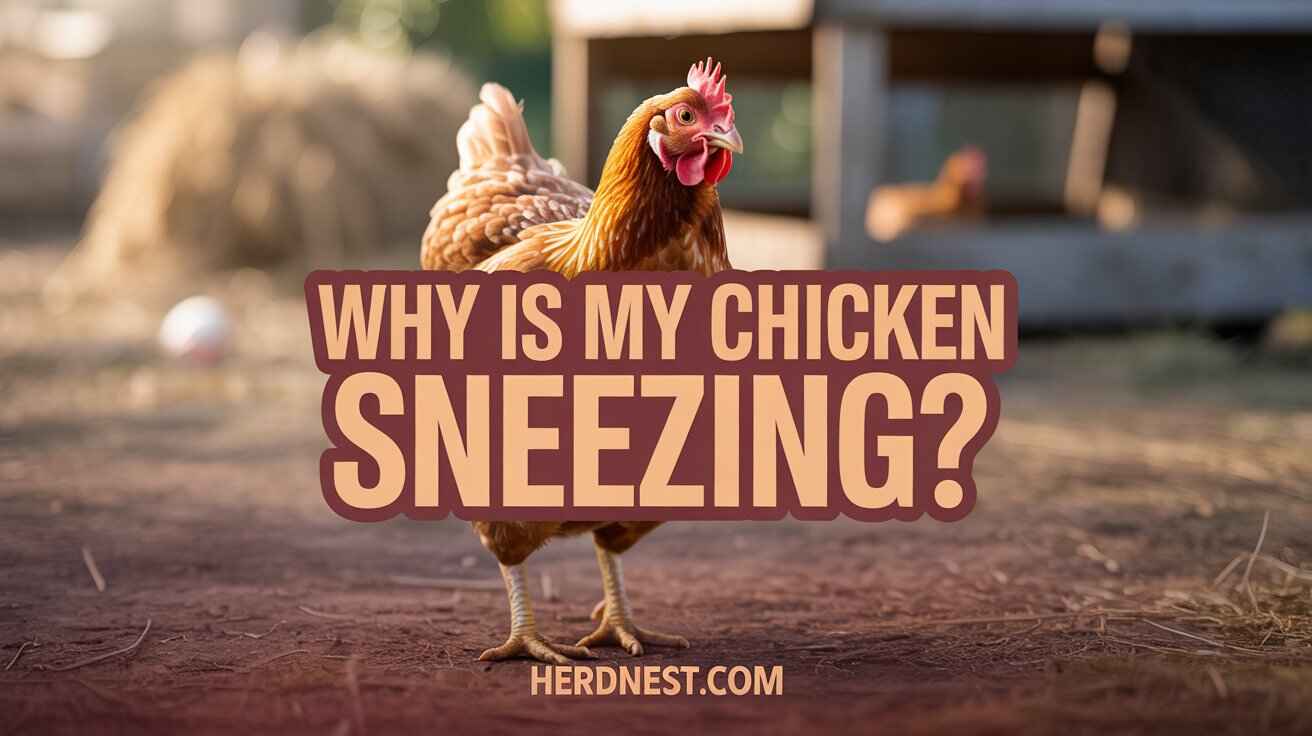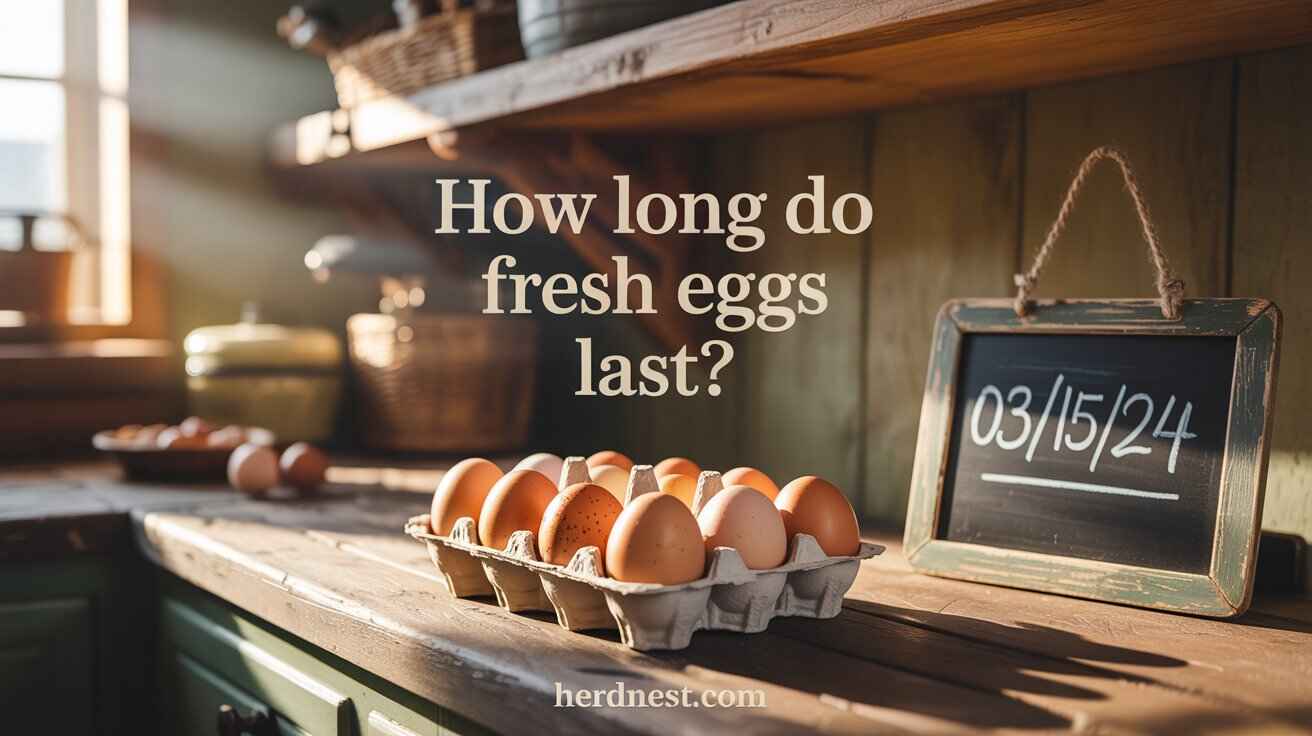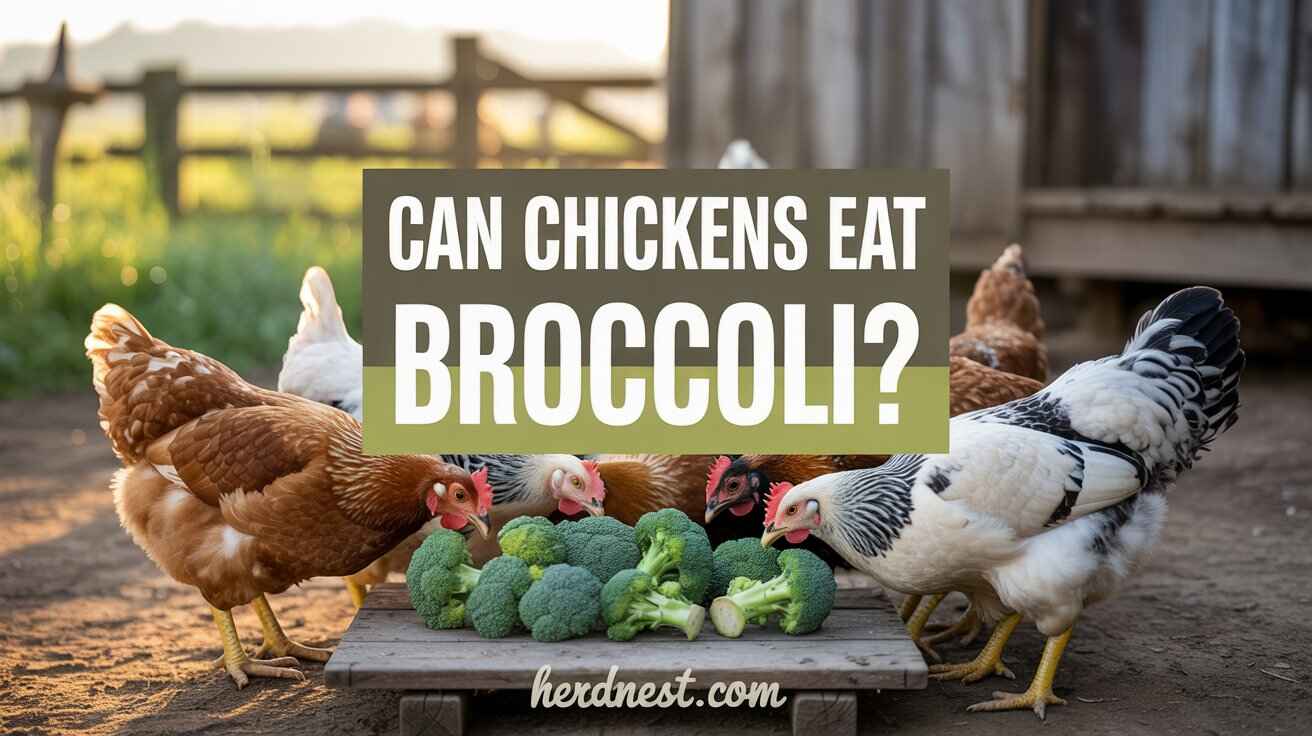Raising chickens on our homestead has taught me that these omnivores will eat almost anything, but I still aim for a balanced diet to keep them in optimum health. Unlike humans, they don’t have dairy needs, yet they can still enjoy cheese in moderation.
I often find my backyard flock devouring scraps, including bits of extra food from our family kitchen. Once, I saw them fight over a piece of styrofoam—a reminder that they’re not just picky eaters, but curious ones too! While I believe treats should be given wisely, there’s no harm in occasionally offering cheese, especially when there’s an abundant supply from our cow’s milk.
I first checked chicken-keeping forum posts and found mixed opinions, but my birds seem to enjoy it without issues. It makes me wonder if their natural diet in the wild ever included such things.
They’ve even tried chasing snakes in the yard, proving they truly are unpredictable. However, I always ensure they get what they require without causing a shortage of essential nutrients. If you’re googling whether cheese is safe, rest assured—offered wisely, it’s a fine addition for your feathered friends.
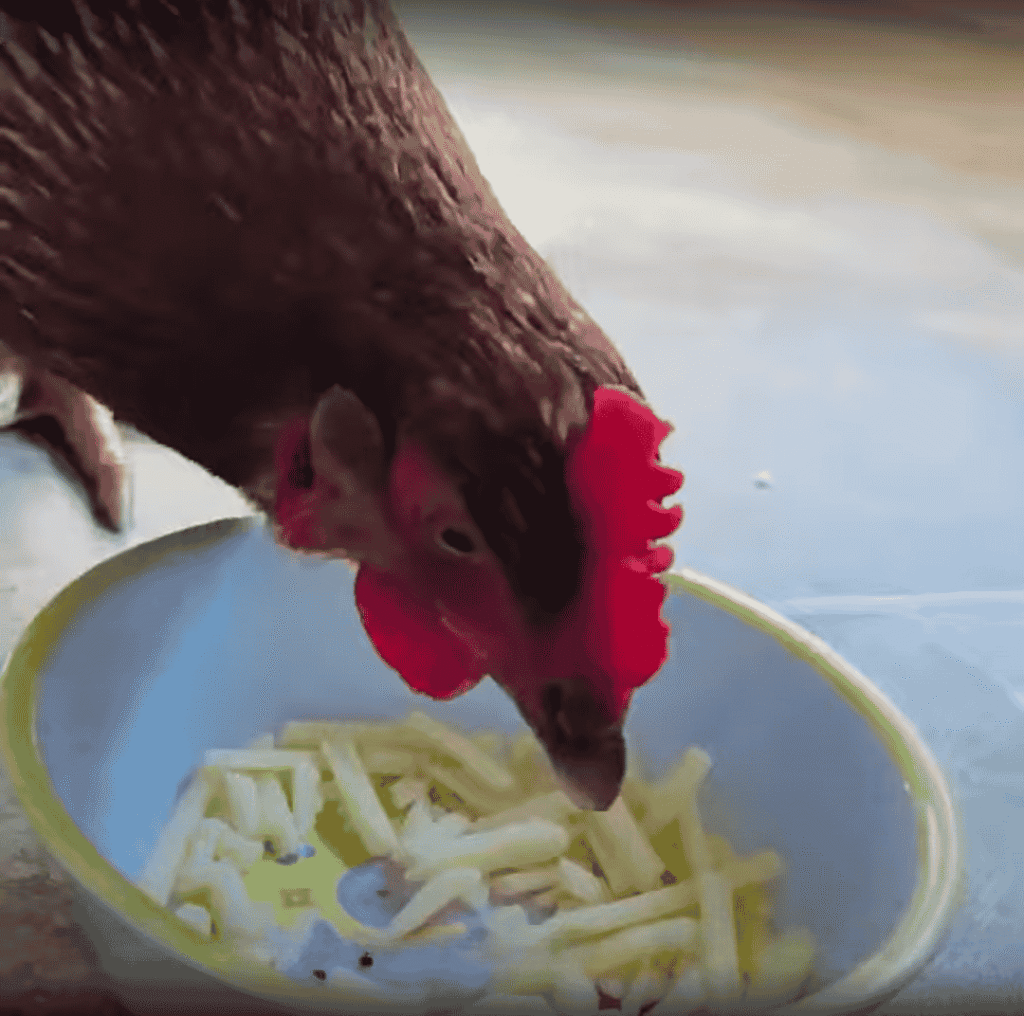
Table of Contents
ToggleCan Chickens Eat Cheese?
I’ve learned that while chickens can enjoy cheese, it’s important to be mindful of how much they get. Their feed is carefully formulated to provide all the nutrients they need, so adding too many treats can impact their diet negatively.
A general rule I follow is to offer snacks in moderation, ensuring they don’t consume an excess of fat-rich foods. Unlike their commercial ration, which has the right balance of macro and micro nutrients, cheese can throw off their diet if overfed. When feeding any extras, I always consider the right considerations to keep their health in check.
Is Cheese Healthy For My Flock?
Many chicken keepers wonder if cheese is a good addition to their flock’s diet. The truth is, in small doses, it can be quite beneficial. Cheese is packed with proteins, including casein, a complete protein that provides all the essential amino acids needed for muscle growth, feather growth, and egg production.
Since hens put so much energy into producing eggs, they require proper nutritional support to stay healthy. Cheese offers an excellent source of calcium, which prevents thin eggshells and helps avoid bone health issues. If your flock isn’t getting enough calcium from their diet, supplementing with oyster shells, dried eggshells, or cheese can help offset the loss.
Beyond that, cheese contains probiotics, which improve gut health and aid in digestion. Many fermented foods, such as cheddar and parmesan, have naturally fortified probiotic bacteria that help absorb nutrients and support the immune system.
A strong immune system is crucial in preventing sickness and disease, especially during molt, when feather regrowth requires extra nutrients. Additionally, cheese contains Conjugated Linolic Acid (CLA), which may help with weight gain, heart disease, and inflammation.
While cheese can be a robust nutritional boost, too much can lead to deficiency, fragile bones, and obesity. Like all treats, it should be an occasional offering, ensuring your flock’s optimal health while keeping their body in balance.
Are All Cheeses Safe for Chickens?
In my experience raising backyard chickens, not every cheese is created equal when it comes to offering real nutritional value. While the answer to whether chickens can eat cheese is technically yes, it depends heavily on the types and how they’re made.
I’ve found that natural cheeses like ricotta—when made properly—can be a healthful food option, but overly processed ones like American cheese single slices, cheese sticks, or cheese spreads should absolutely be avoided.
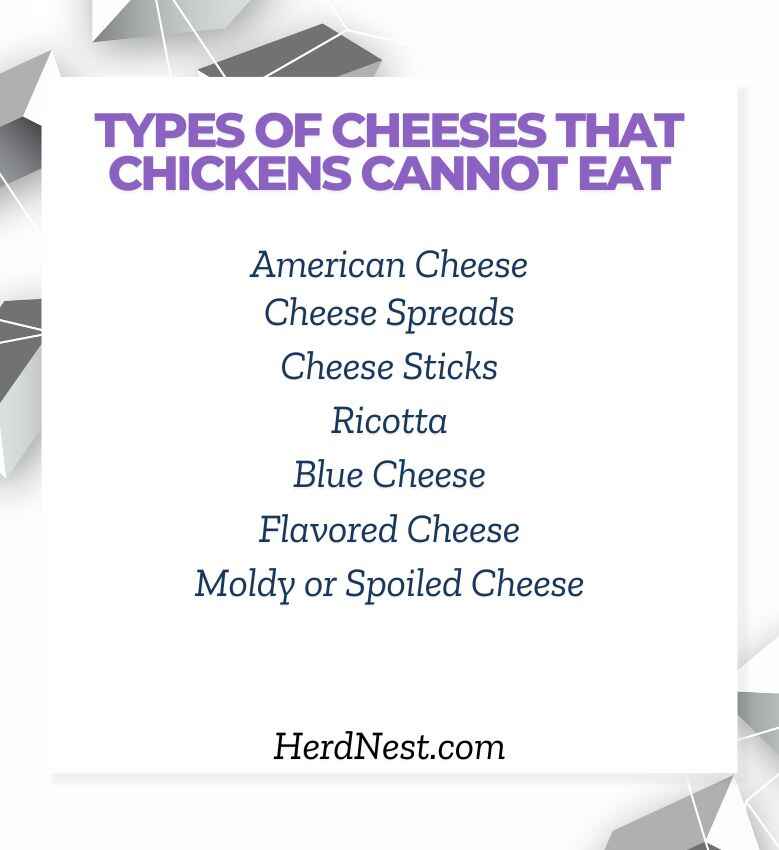
Types of Cheeses Chickens Should Avoid:
- American cheese, single slices
- Cheese spreads
- Cheese sticks
- Ricotta
- Blue Cheese
- Any highly processed cheeses
These often contain synthetic additives, are unhealthy, and bring very little to your chicken’s diet. I once accidentally gave my flock a few bites of a cheese product, and while they were fine, I quickly realized it wasn’t the best habit to start. These cheese-like substitutes may be convenient, but they’re not likely to provide the levels of nutrients your family’s flock deserves.
If you’re giving cheese, choose options that aren’t filled with extras, and skip the ones that look more like plastic than food. Keep in mind: what we wouldn’t feed ourselves, we shouldn’t pass on to the chicken coop.
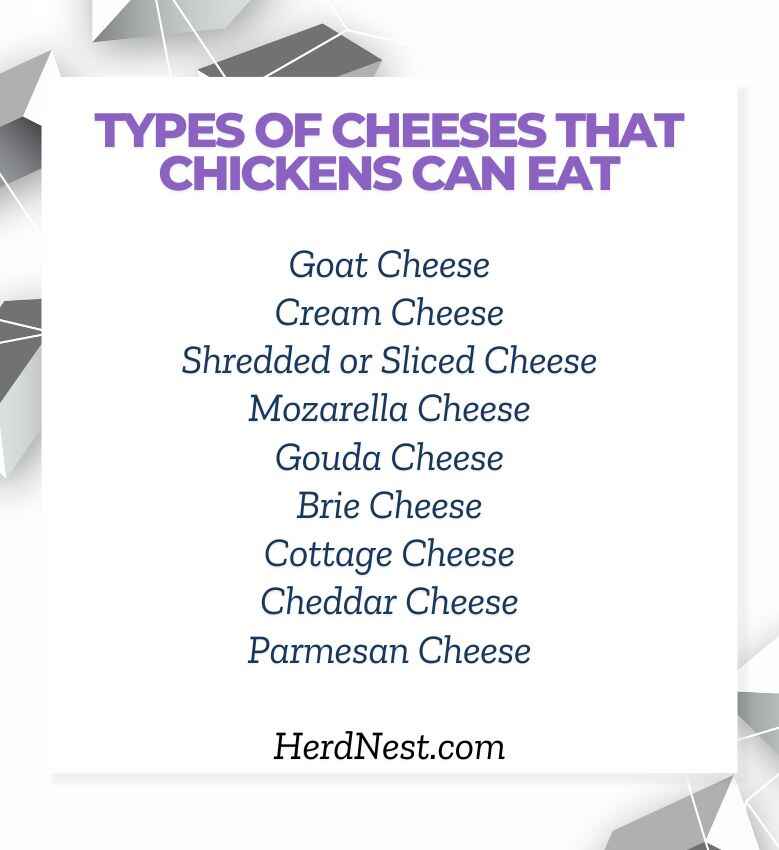
Types of Cheeses that Chickens Can Eat:
- Goat cheese
- Cream cheese
- Shredded or sliced cheese
- Mozzarella cheese
- Gouda cheese
- Brie cheese (Remove the rind — only a tiny bit of inner cheese is safe occasionally)
- Cottage cheese
- Cheddar cheese
- Parmesan cheese (Very salty and hard — give only a tiny grated amount, and rarely.)
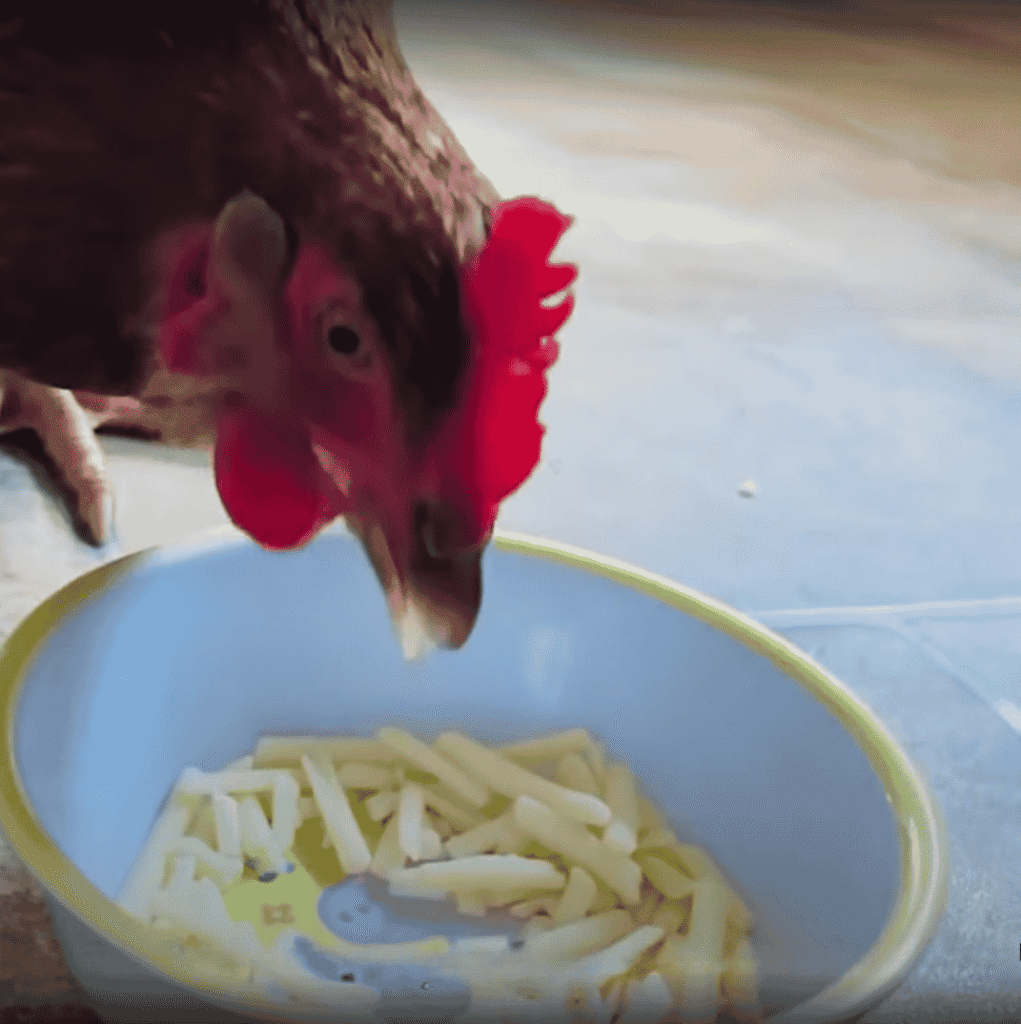
Feeding Chickens Cheese
When treating my flock, I offer cheese in small amounts to avoid digestive issues and other complications. While they’ve loved different varieties like cheddar, mozzarella, and cottage cheese, I make sure to provide it in a format they can easily consume.
Scattering shredded cheese works best, as a whole brick is too difficult for them to eat. Any moldy cheese from the fridge or overly processed options should be avoided, as they can contain additives and excessive sugars that are unhealthy.
I also ensure their food intake is balanced, as too much fat from cheese can lead to obesity, pasty butt, and reduced egg-laying. Overfeeding may also make them lethargic and uninterested in foraging, which is essential for their diet.
Since cheese is not part of their commercial feed, it’s necessary to provide grit for digestion and supplementation if needed. I always discard any cheese that gets left in the run to prevent attracting pests or predators. Additionally, dairy-heavy options like chocolate milk should be strictly restricted. By feeding wisely, I keep my birds healthy while letting them enjoy the occasional cheese treat.
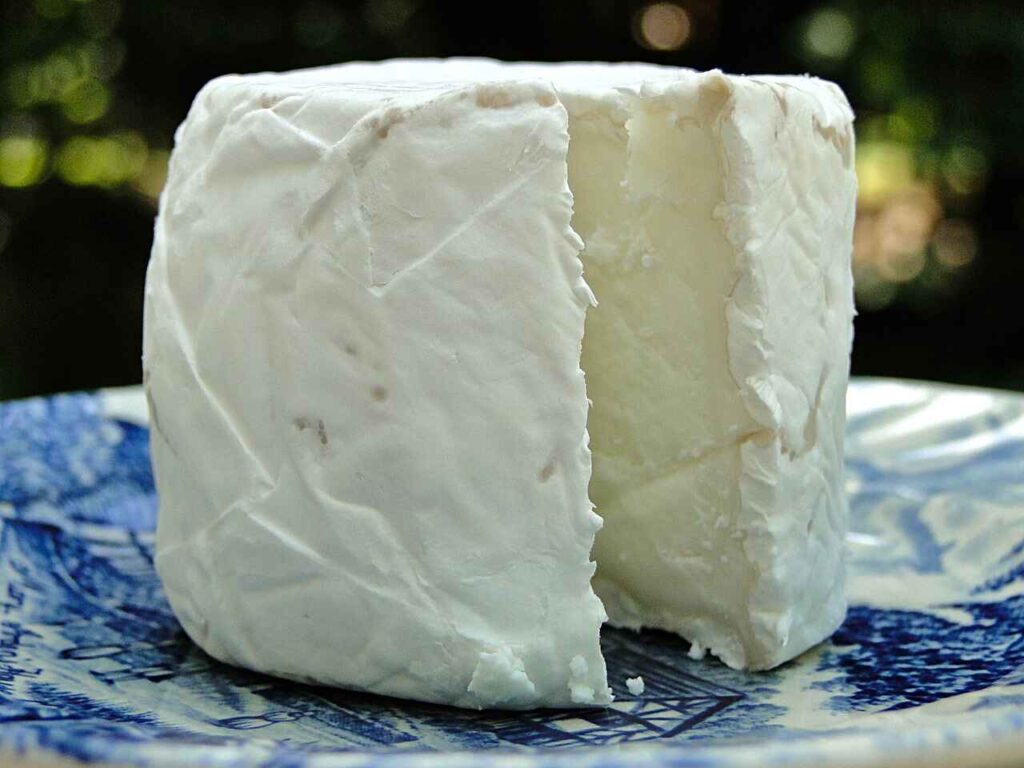
Should Chickens Eat Cheese Rinds?
When offering cheese rinds to your chickens, it’s essential to check if they are natural and safe to eat. Many rinds form naturally during the cheesemaking process and are fine for chickens, but some can be hard or tough, making shredding a good way to help them consume it easily.
However, be cautious of coatings made from wax, cloth, or plastic, as these materials are inedible and should never be fed to chickens. Always inspect the rinds to ensure they are free of harmful substances before sharing them with your flock.
Should Chickens Eat Cheesy Treats?
Many cheesy treats, such as cheese puffs, cheese popcorn, cheese crackers, cheese balls, cheese sticks, cheese curds, and cheese pizza, may seem like fun snacks, but they are best to avoid.
These items fall under processed food and often contain synthetic food additives, unhealthy fats, and lack proper nutrition, which can lead to negative health impacts. Instead of these, a nutrient-dense diet with whole foods is much better for chickens to consume. If you’re unsure whether a treat is suitable, the safest choice is to toss it in the compost pile rather than risk harming your flock.
Final Thoughts on Cheese for Chickens
For a long time, both commercial farmers and chicken enthusiasts have been feeding cheese to their chickens, recognizing its nutritious value when given in moderation. Research and studies—both modern and historical—suggest that dairy can provide benefits for egg-laying and meat varieties alike.
Even French farmers raising the Bresse heritage breed have used dairy in their feeding practices. However, proper preparation is key to ensuring safety, and offering grit helps with digestion, especially when providing non-commercially made foods.
When given correctly, cheese can be digestible and a good treat for your feathered friends in the backyard or farm. Always ensure a proper supply of balanced food for their overall well-being.
